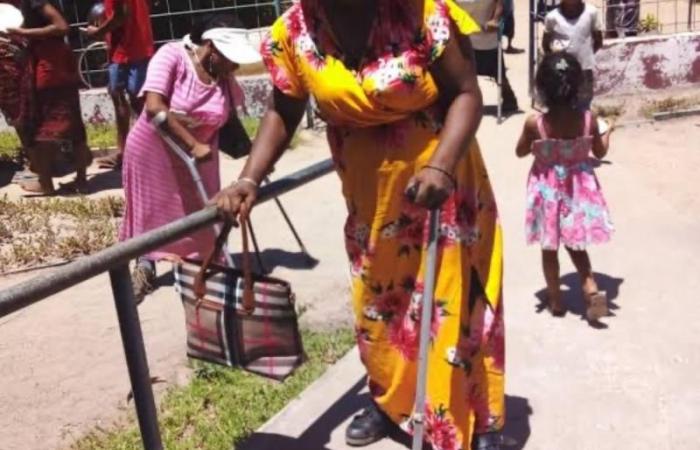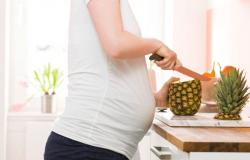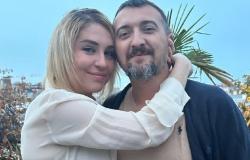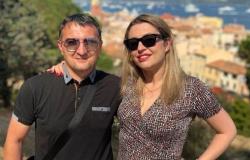On the occasion of World Disability Day, celebrated on October 9, the DeskFemme of Actualite.cd met some Congolese women living with a locomotor disability. They shared their experiences, the challenges they encounter on a daily basis and the causes of their disability, thus calling for better care and greater social inclusion.
36-year-old Noëlla Mwanza lost the use of her leg following a road accident on her 22nd birthday. She describes her daily life dominated by double discrimination due to her gender and her disability as well as her struggle to get around in a city where the sidewalks are rarely suitable. “ Being a woman and being disabled in the DRC is a daily struggle. The streets are not suitable, public transport is inaccessible, mentalities still cannot change, and society still has difficulty accepting us as we are. We are often seen as dependents, incapable of making decisions for ourselves. Every day is a challenge. And we fight to hold on in the middle of all this “, she confides.
« My disability is due to complications my mother experienced when she was pregnant with me. I was born this way and I always dreamed of studying and working, but opportunities are limited for us. People are afraid of what they don’t understand. I am often perceived as an incapable person, even though I am resilient and determined”explains Monique Sabwa who was born with a congenital malformation. She deplores facing prejudice that goes beyond her disability
Arlette Mouli, 42, emphasizes that the causes of their disabilities are often linked to social and environmental factors. “The causes of disability are multiple: road accidents, untreated illnesses, malnutrition. In most cases, it is the lack of access to adequate health care, particularly in terms of rehabilitation after an accident, which causes malformations,” she maintains. “personally if I had had appropriate follow-up after my operation, I could not have experienced complications and perhaps my situation would be different. We often do not have access to health care, which makes our situation worse. We must invest in prevention and rehabilitation”
Access to education and employment remains a major challenge.
Anastase Kayowa, 26, reveals an urgent need for inclusion and awareness programs.
«We need to live and achieve our dreams. My dream is to be able to work and be financially independent. But employers are hesitant to recruit people with disabilities. Companies need to understand that we have skills and that we can contribute to society. We also need more ambitious public policies to promote our inclusion in the world of work. “, she said.
These women are calling for better care of their needs. They want adapted infrastructure, access to health care, as well as increased awareness in society about disability.
« We want to be heard and included. Change begins with awareness », concludes Noëlla.
They call on the authorities, civil society and international organizations to take concrete measures to improve their situation. They also want their voices to be heard more and to be recognized as full citizens.
Nancy Clemence Spring






